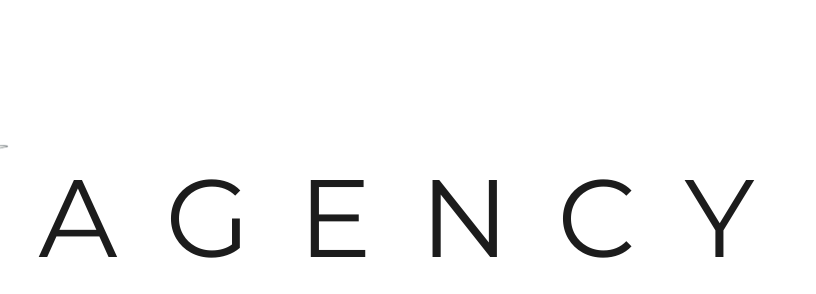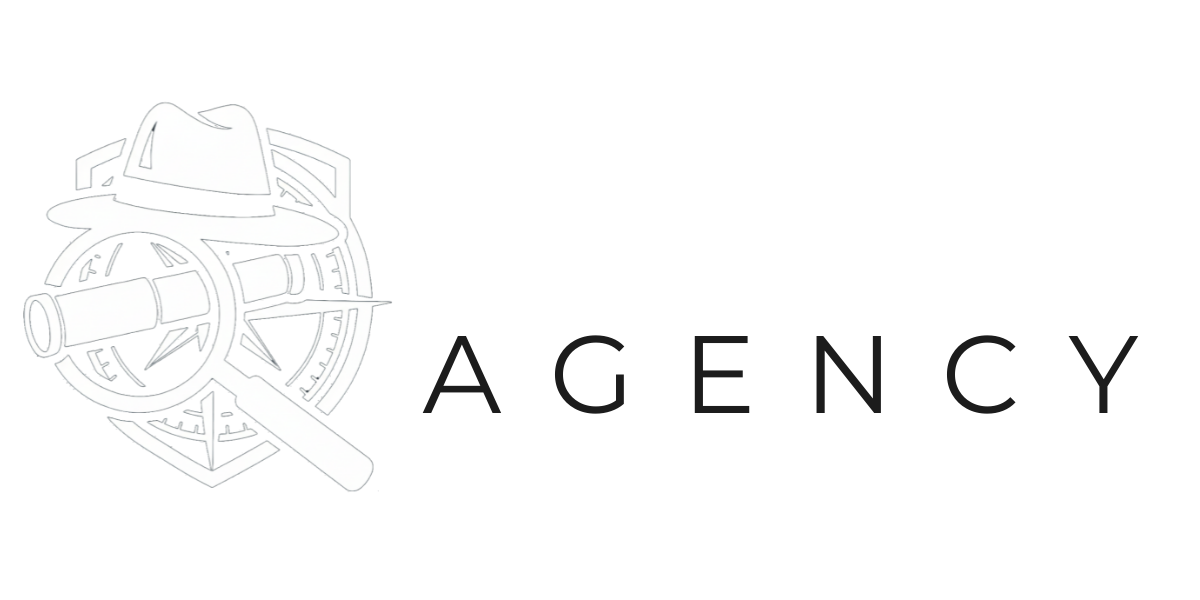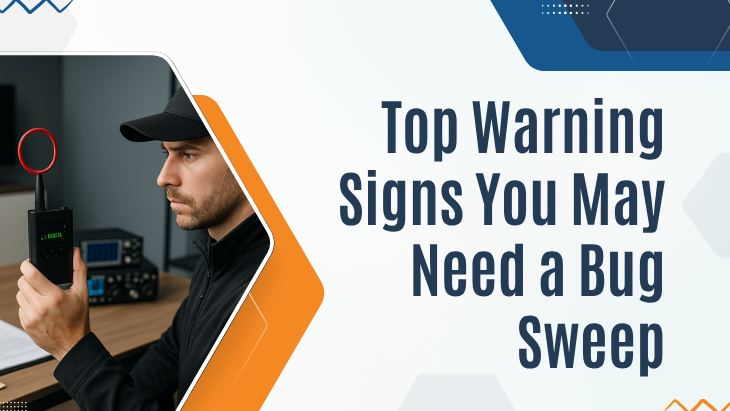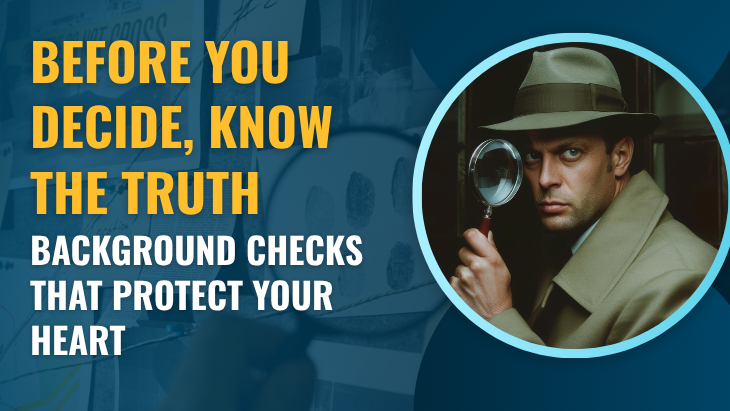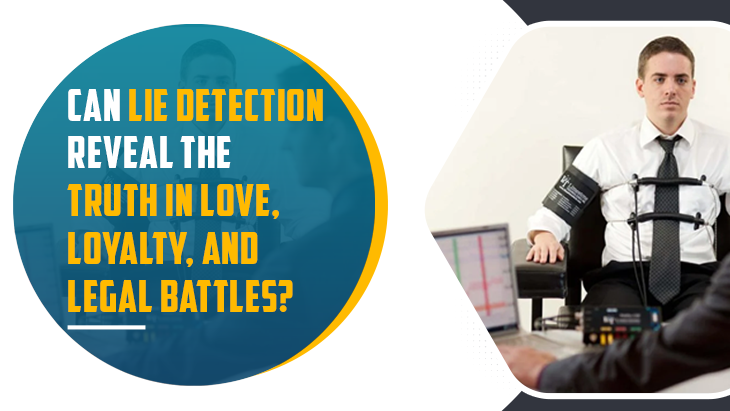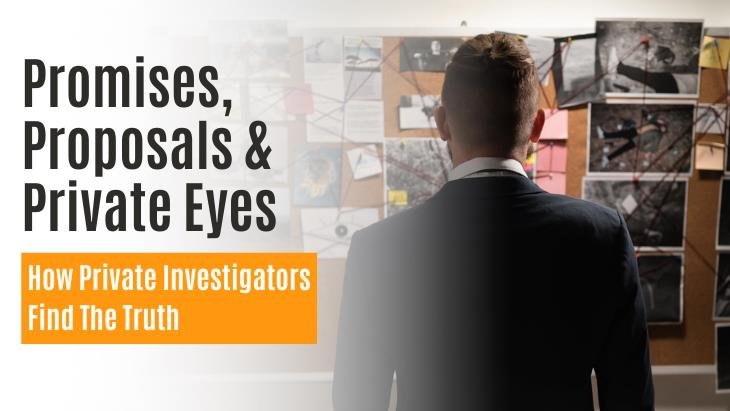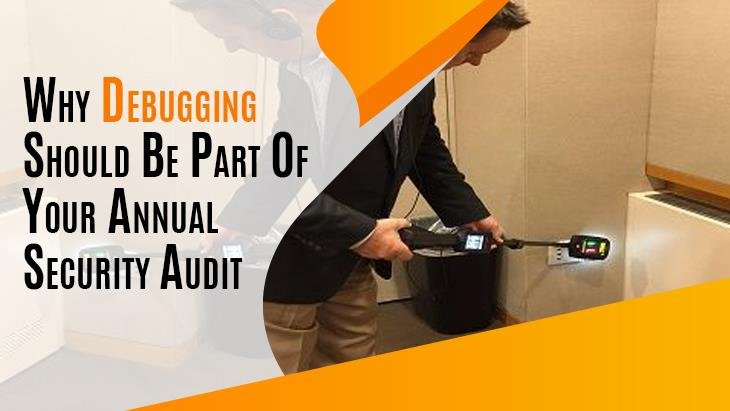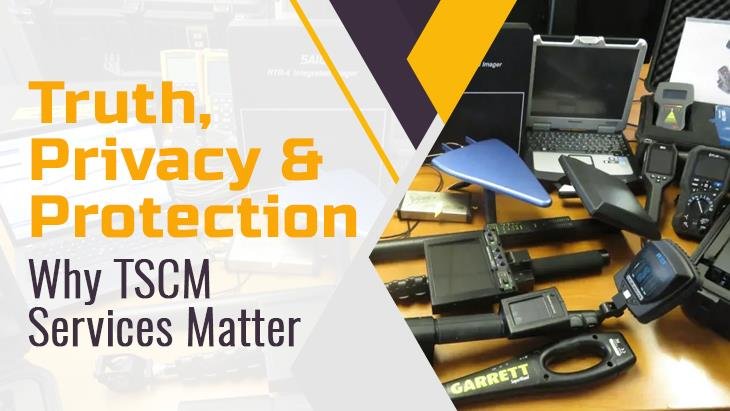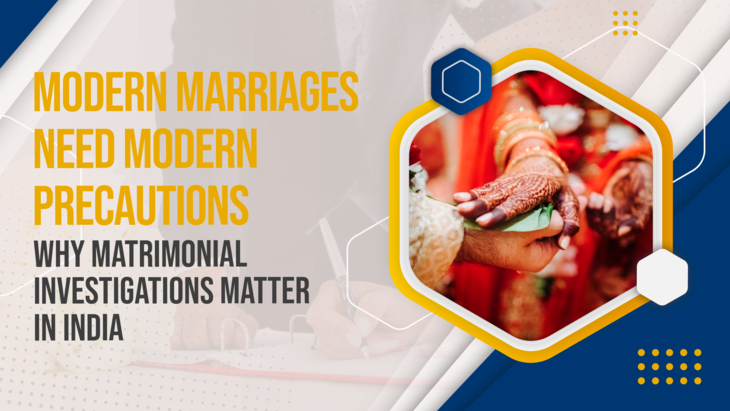Top Warning Signs You May Need a Bug Sweep
Privacy is continuously threatened in the digital era of today. It has become simpler than ever for someone to spy on you without your knowledge as surveillance devices—many of which are small, wireless, and virtually undetectable—quickly advance. Whether your name...
